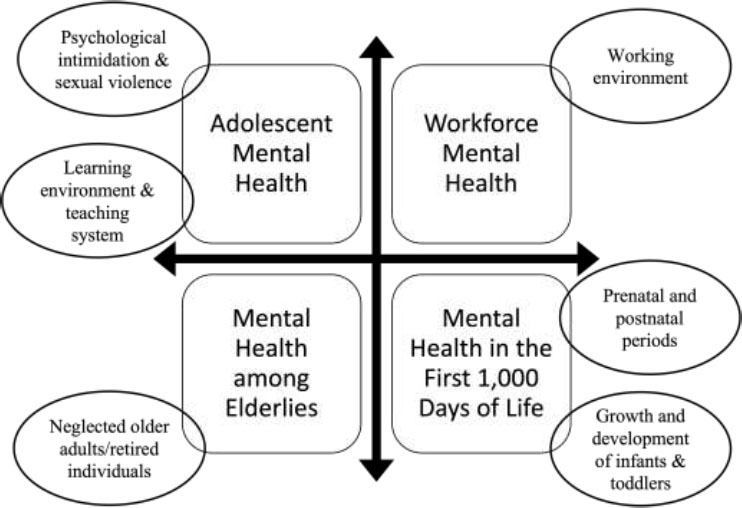Clinical Practice & Epidemiology in Mental Health is an open-access journal that publishes Research articles, Reviews/Mini-reviews, and Letters in all areas of clinical practice and epidemiology in mental health covering the following topics:
Clinical Practice & Epidemiology in Mental Health and mental health-related conditions; diagnosis, prognosis, and treatment of mental, emotional, and behavioral health conditions; frequencies and determinants of mental health conditions in the community and the populations at risk; research and economic aspects of psychiatry, with particular attention given to manuscripts presenting new results and methods in the area; the interface between mental health conditions and other diseases; clinical, epidemiologic investigation of pharmaceutical agents; social inclusion; use of new technologies for assistance and rehabilitation; RCT on rehabilitation and comprehensive approaches; pair support; recovery; fight against stigma; overcoming the psychiatric hospital and development of community psychiatry, and human rights in mental health are topics of interest to the journal.
Clinical Practice & Epidemiology in Mental Health is an international, peer-reviewed, open-access journal covering all aspects of clinical practice and epidemiology in mental health published continuously by Bentham Open.






